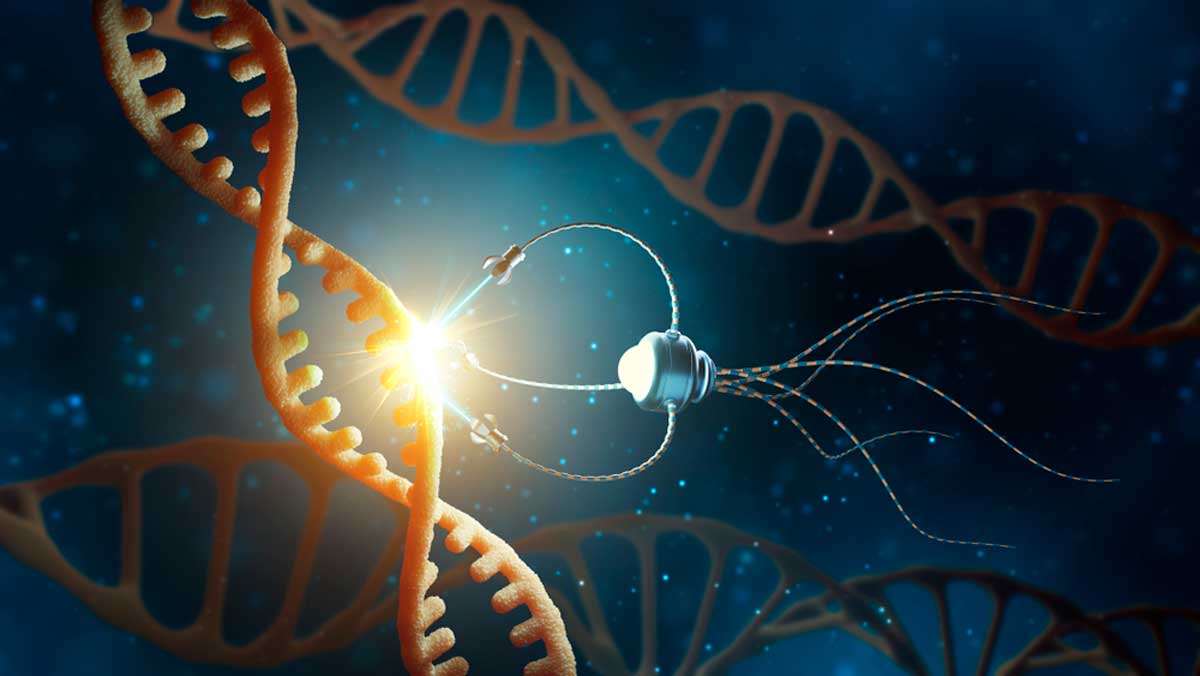For more than fifty years, futurist Raymond Kurzweil has dedicated his life to understanding how computing can transform our society. Now, in his next book «The Singularity is Nearer» and in one of his essays, published in Wired magazine, Kurzweil highlights nanorobots as the key elements to extending human life beyond 120 years. The combination of biotechnology and artificial intelligence promises to help “completely overcome the limitations of our biological organs.”
The human body, over time, accumulates errors as cells replicate, leading to damage that young bodies can repair but older ones cannot. Kurzweil maintains that “the only solution is to cure aging itself”, proposing the repair of damage at the cellular and tissue level using nanorobots.
Nanorobots: The Solution to Aging
Despite Kurzweil’s bold vision, there is currently no technology that comes close to his predictions. However, his optimism is that nanotechnology of 2050 could solve aging problems, allowing centenarians to live to be 150 years old. With artificial intelligence accelerating research, progress would be exponential, according to Kurzweil.

Although these projections may seem “absurd,” Kurzweil is confident in the “solid reasons” supporting the potential of medical nanorobots. He envisions diamondoid nanorobots, equipped with sensors, manipulators, computers and power sources, operating in the human bloodstream. Billions of these nanobots would be needed to repair and improve deteriorating organs.
The Future of Human Biology
Kurzweil envisions a future where nanorobots will not only maintain health, but could completely replace biological organs if necessary. This technology could allow humans to overcome the impact of aging and develop a more optimal body. “We will master our biology and medicine will become an exact science,” he says.
Beyond prolonging life, Kurzweil believes that nanotechnology will allow the human body to be reconstructed to be more than 99.9% non-biological. The technology would control DNA sequencing, and artificial intelligence would solve problems before they arise. In his vision, nanocomputers would regulate our bodily functions, and eventually, our tissues and blood would be replaced by machine-connected nanobots.
For Kurzweil, by the 2040s and 2050s, we will have transformed our bodies and brains far beyond what we know today. «We will be able to run faster, breathe underwater and give ourselves superhuman abilities. We will think millions of times faster and we will not depend on our physical body to survive,” he says.
Only time will tell if these predictions will come true, but the possibility of a future where nanotechnology redefines human existence is already capturing the imagination of many.





